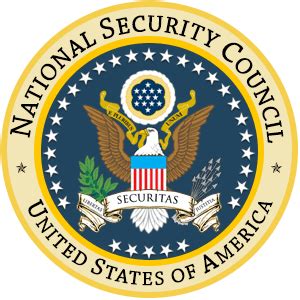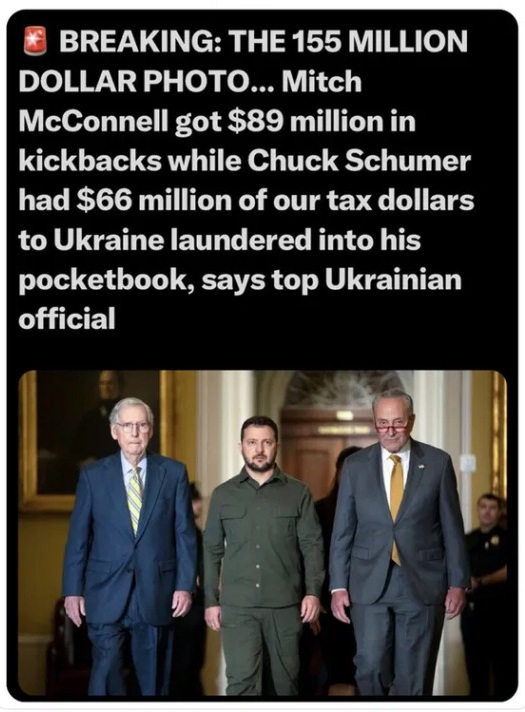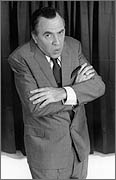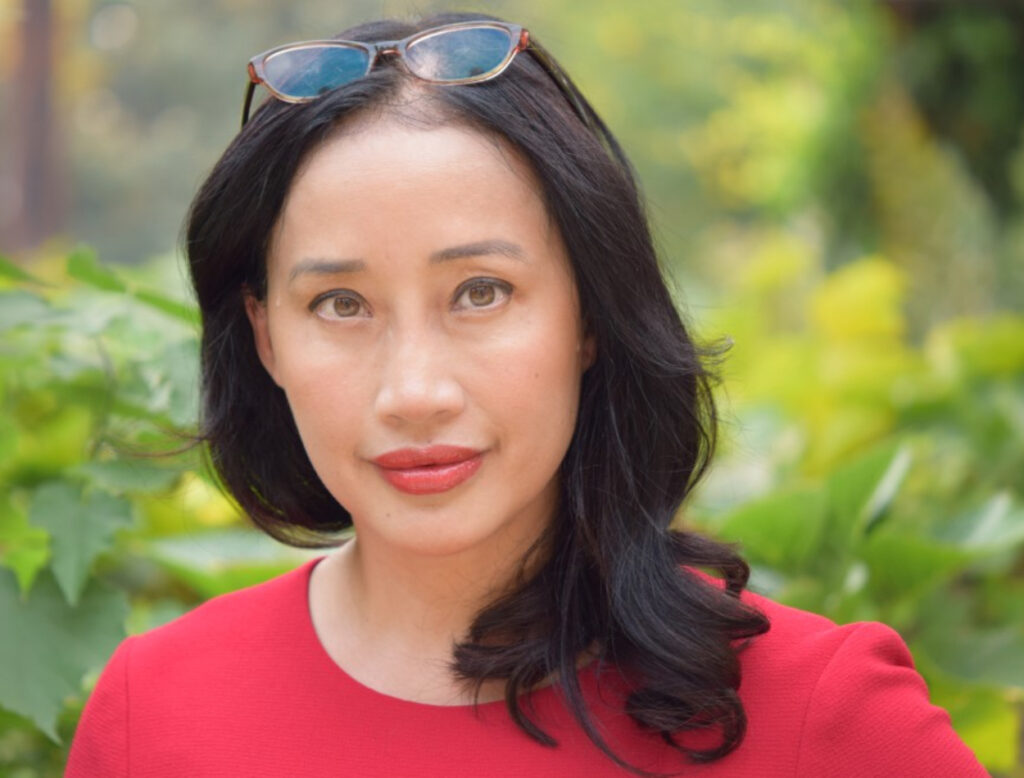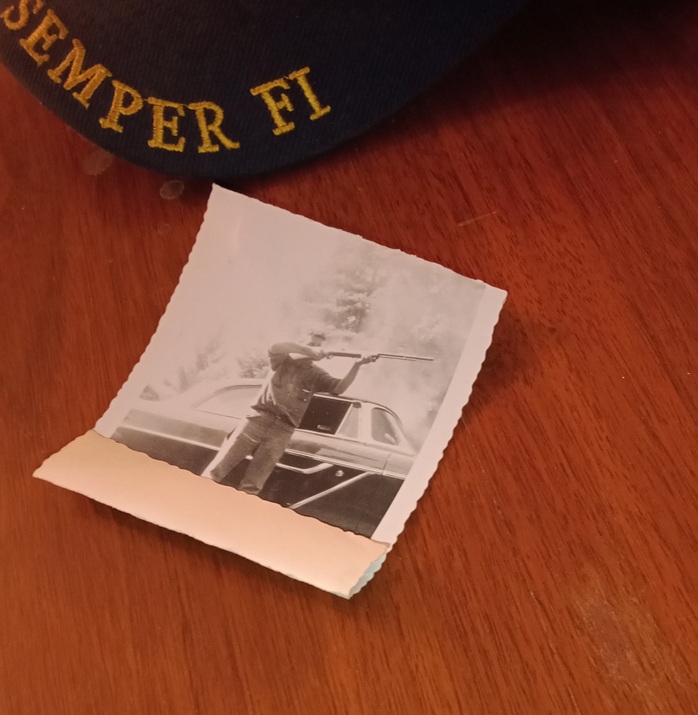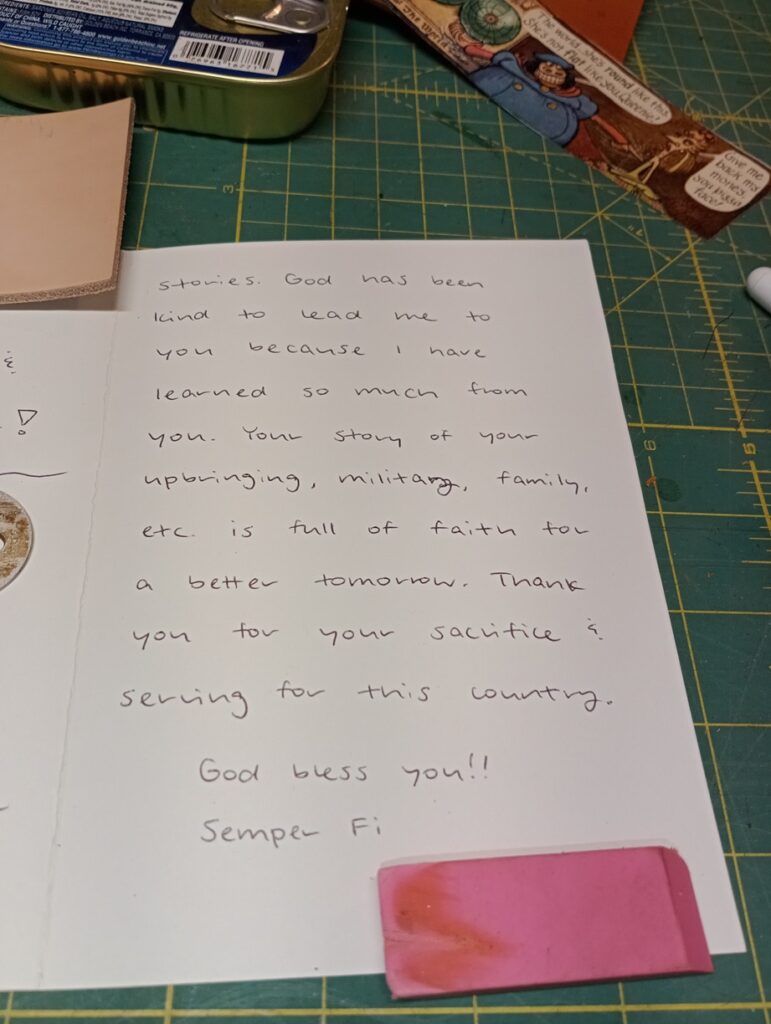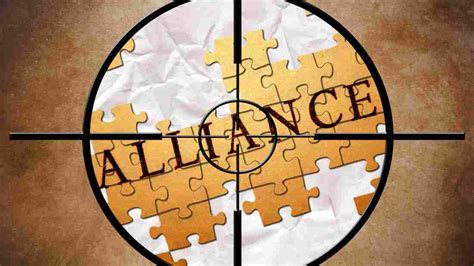Will the Deep State Strike Back?
It’s telling that what’s good for American citizens is bad for Trump’s entrenched opponents.
As President Trump comes back into office, a crucial question lingers. What kind of resistance will the new administration face from the Establishment Deep State? Will the political mandate of Trump and JD Vance, coupled with the downsizing attacks from Elon and Vivek, be enough to push the establishment back on their heels? What plans has the Deep State drawn up for Trump’s return?
Trump has already survived two separate assassination attempts—one of which failed by mere centimeters. We’re hoping the adage “If you shoot for the King you better not miss” holds true but we find ourselves concerned over what other plots the Deep State may have in store.
We’re not allowing ourselves to become Black-pilled (we’re actually quite optimistic longer-term) but we are trying to be realistic about the foes that President Trump faces. As we know all too well, in 2016 Trump came into office hoping to Drain the Swamp. He found himself up against a vast ocean of corruption.
Trump was attacked from the moment he took office and those attacks never really let up. Unprecedented levels of leaking by anonymous intelligence officials was a daily occurrence. Entire federal agencies were arrayed against him. The media unquestioningly published whatever they were fed, no matter how outlandish the claims.
Indeed, although it’s easy to forget the sheer toxicity of the political environment during those early months, it was far from certain that the young Trump Administration would make it through 2017—much less the full four years of his presidential term.
It’s also worth remembering that in early 2017, Republicans were in a position of very real power. The GOP held the House, the Senate, the White House and a majority of governorships. And yet some of the biggest threats to Trump came not from Democrats but from Establishment Republicans.
Which raises a question of its own. What good is having a Republican majority in Congress if all they do is thwart the Republican president? This complete abdication by most of the GOP is a very real part of the reason why Republicans predictably lost the House in the 2018 midterm elections. And, of course, SpyGate and the Russia-Collusion narrative continued unabated.
Then, just as the Trump Administration was finally finding its footing in 2019, the State Department-led impeachment of Trump began. An impeachment effort that was a violent, systemic response to Trump’s questioning of Biden’s corruption in Ukraine—and our country’s larger actions in that region over the last two decades.
It is these systemic responses that have our attention. As we noted in a previous article, Obama’s presidency not only brought about significant division and policy shifts but also laid the groundwork for a network of fanatical loyalists and ideological allies, many of whom remain entrenched in both governmental and non-governmental institutions.
These figures, often former members of the Obama administration, have undermined democracy and the will of the people across multiple presidencies and they remain active in government roles through multiple administrations. Key figures in intelligence, defense, statecraft and other critical sectors often retain their positions or reemerge in different roles, reinforcing the perception of undemocratic continuity across American governance.
In part, this is why we contend that it’s unlikely that the Deep State simply goes quietly into the night and accepts their defeat. As we and others have said many times, there are literally trillions of dollars at stake.
All of our readers are familiar with Spygate and the fabricated Russia-Collusion narrative so we won’t rehash the entirety of that here but there are several moments that we feel are worth revisiting as a reminder of the Obama-backed forces that were mobilized against President Trump and his young first administration.
On Jan. 3, 2017, Section 2.3 of Executive Order 12333 was signed into effect by the outgoing Obama administration. The new order allowed for other intelligence agencies to ask the National Security Agency (NSA) for access to specific surveillance simply by claiming the intercepts contained relevant information that would be useful to a particular mission.
At the time, we questioned the timing of the order and possible ulterior motives on the part of the Obama White House. Why the pressing need to rush this order during the final days of his office? And why did the order allow for significant expansion in the sharing of raw intelligence amongst agencies.
One of the items within this provision prohibited dissemination of information to the White House. Remember that this provision would not impact Obama whose administration ended in two weeks. But it would most definitely impact the dissemination of information to the incoming Trump administration.
In other words, if this new provision had been implemented in early 2016 as originally scheduled, dissemination of any raw intelligence on or relating to the Trump campaign to officials within the Obama White House would likely have been made more difficult or quite possibly prohibited.
Said differently, prior to the January 2017 signing of Section 2.3, it appears that greater latitude existed for officials in the Obama administration to gain access to information. But once the order was signed into effect, Section 2.3 granted greater latitude to interagency sharing of that information, setting the stage for the massive intelligence community leaking that was still to come.
The practical effects from this order were highlighted by an inadvertent slip during a March 2, 2017 MSNBC interview with Obama’s former Deputy Assistant Secretary of Defense Evelyn Farkas. Although she later tried to backpedal, during the interview, Farkas gleefully detailed how the Obama administration gathered and disseminated intelligence on the Trump Team:
I was urging my former colleagues…get as much information as you can. Get as much intelligence as you can before President Obama leaves the administration…
The Trump folks, if they found out how we knew what we knewabout the Trump staff dealing with Russians, that they would try to compromise those sources and methods, meaning we would no longer have access to that intelligence…That’s why you have the leaking.
Note that Farkas said “how we knew” not “what we knew”. A crucial distinction.
Less than three weeks later, House Intelligence Leader Devin Nunes effectively confirmed what Farkas had discussed. On March 22, 2017, after learning of the unmasking of members of the Trump transition team, Nunes abruptly gave an impromptu press conference, followed by a more formal press conference later that day.
Humor us as we run through some quotes from Nunes. Keep in mind that Obama’s NSA Data Sharing Order was specifically designed to allow for significant expansion in the sharing of previously collected raw intelligence among the various intelligence agencies:
“Details about persons associated with the incoming administration, details with little apparent foreign intelligence value were widely disseminated in intelligence community reporting…I have seen intelligence reports that clearly show the President-elect and his team were at least monitored and disseminated out in intelligence reporting channel”
“It was all legally collected, but it was essentially a lot of information on the President-elect and his transition team and what they were doing…incidental collection that then ended up in reporting channels and was widely disseminated.”
A few months later, on July 27, 2017, Nunes sent a letter to the Director of National Intelligence regarding the ongoing leaks of classified information and the need for new unmasking legislation to address the problem. Nunes’s letter specifically targeted officials within the Obama administration.
Nunes noted that one particular official had made a huge number of unmasking requests in 2016. That unnamed individual is almost certainly former U.N. Ambassador Samantha Power, who was later appointed by Joe Biden to run USAID, the massive cutout (conduit) agency for the CIA.
USAID is anything but what its name implies. It’s used to promulgate and fund the policies of the CIA and the State Department—including the overthrow of governments. Additionally, as we have noted previously, USAID also played a huge role in establishing and funding the NGOs that directed the massive flows of illegals into the US.
We all saw the lengths the establishment apparatus was willing to take during the 2020 election. Massive censorship of conservatives by the Deep State’s Big Tech partners was the norm. Unconstitutional changes to state election laws were made. More than one hundred million mail-in-ballots swamped our electoral system as our nation endured a manufactured pandemic of dubious origin.
Efforts by the Deep State did not simply go away after Trump left office. If anything they redoubled their agenda under a mentally diminished and overtly pliant Joe Biden. The events of January 6th provided an additional windfall for the Establishment and their DNC lackeys.
A rally that degenerated into what appears to have been a manufactured riot would later be used to label those who supported President Trump as traitors. Thousands were arrested and jailed. The entire MAGA movement was branded as insurrectionists by the media. Arrests by the FBI continued into the final weeks of the Biden administration.
The actions undertaken by members of the J6 Committee were so outlandish, so unbelievably egregious that a recent investigationconcluded that the entirety of the J6’s work should be completely discredited.
When Trump began to resurface politically, a massive lawfare effort was unleashed against him. Many of these legal attacks were led by Norman Eisen, a Brookings senior fellow, Obama’s former White House Ethics Czar and Ambassador to Czechoslovakia during the “Velvet Revolution.”
Eisen and his Brooking’s-funded group have been behind the ongoing Lawfare that has targeted Trump throughout his presidency, through the Biden Regime and into the present date. He and his latest group currently have their hopes set on fomenting some sort of a Color Revolution.
But despite all of these attempts—or perhaps because of them—Trump persevered and grew even stronger. Culminating in a sweeping election win that saw Republicans take control of the House, the Senate and The White House as Trump took the popular vote. It was a staggering setback for the Deep State.
Trump and Elon Musk have plans to slash as much as $2 Trillion from our annual federal budget—a number so large as to be almost incalculable. An integral part of this plan calls for the removal of tens of thousands of deadweight federal employees that are so entitled that they generally don’t bother to show up for work.
But even against this backdrop of downsizing—or perhaps because of it—many federal employees admit they are planning to openly oppose the incoming Trump Administration. According to a recent poll, 42% of federal government managers admitted that they plan to work against the incoming Trump Administration.
When measured along political lines, the numbers appear even more dramatic, with 73% of federal employees who identify as Democrats admitting they plan to resist or strongly resist the new Trump Administration.
We’ve written previously of efforts by long-time Deep Staters like Mary McCord—and their plans to find legal avenues to limit President Trump’s ability to quell potential civic unrest and ongoing violence in the streets.
For those unfamiliar, McCord was the Acting head of the DOJ’s National Security Division from 2016 to 2017 and was involved in the FBI’s early FISA surveillance of Trump advisor Carter Page. McCord was also appointed by Nancy Pelosi as legal counsel to the Jan 6th Capitol Security Review Task Force and has written articles pushing the Jan 6th narrative.
Most recently, she has been trying to derail the appointments of Pam Bondi as Attorney General and Kash Patel as FBI Director.
One area McCord, along with several senior Democrat lawmakers, appears to be targeting is the Insurrection Act, which authorizes the president to deploy military forces inside the United States to suppress rebellion or domestic violence or to enforce the law in certain situations. The Insurrection Act was last invoked in 1992, during the L.A. riots.
We acknowledge this very real risk of civil unrest but given the mandate that Trump won on Election Day, we find ourselves less concerned than we otherwise might have been. The American public’s tolerance for riots and street violence has diminished markedly from the heyday of the ANTIFA and BLM riots. It’s a new era and a fresh political climate. What worked previously may fail badly today.
Trump rightly recognizes the historic moment that lies in front of him. It appears that nothing is off the table: mass deportations starting on day one, huge budget and headcount cuts, the implementation of tariff proposals, the retooling of our tax system and a complete overhaul of every federal agency. Our election systems are likely to undergo some major overhauls as well.
But everything that Trump hopes to implement is universally opposed by the Deep State Bureaucracy. Vehemently so. It’s telling that what’s good for American citizens is bad for Trump’s entrenched opponents.
Some have put forth the idea that the Deep State will enter a hibernation of sorts during the Trump presidency. But we do not share this view. Trump’s proposed changes are so fundamental, sweeping, and structural that if leaders of the Deep State, including figures like Obama, fail to respond, they may find themselves with nothing to return to. Which is precisely why we are asking the questions we’ve put forth.
Trump is making a lot of the right moves both policy and personnel-wise. His administration is far more prepared than in 2016. We’re not necessarily happy with every policy move and every nomination but we are very happy overall. But at the same time, we still find ourselves marginally unsettled over what may come next from a Deep State that is unlikely to simply give up.
We are living in exciting times. The enormity of the potential changes are both breath-taking and exhilarating. But we are also in dangerous times. A wild animal presents the greatest risk when it finds itself cornered.
We are grateful that President Trump has moved his formal inauguration into safer quarters. We also continue to believe the best thing a new Trump Administration can do to keep the deep state off-balance is a continuation of what they’ve already been doing.
Move Quickly & Break Things.

